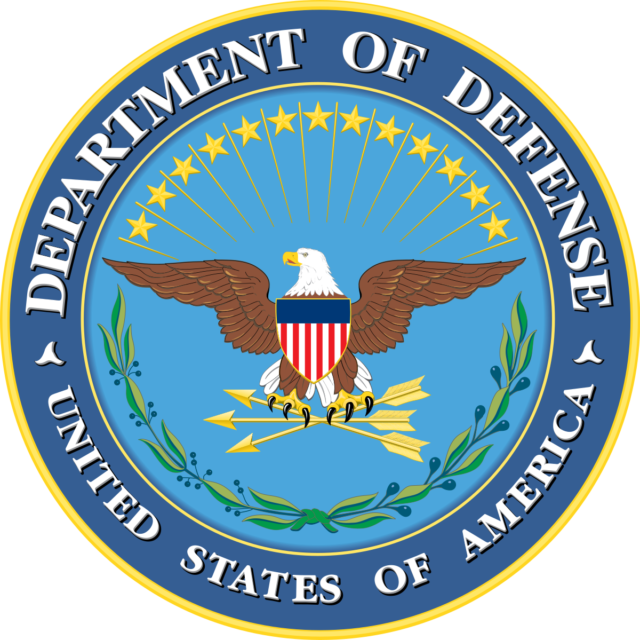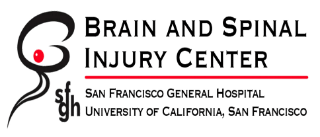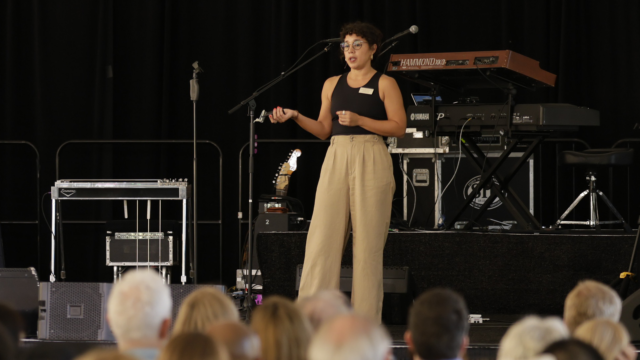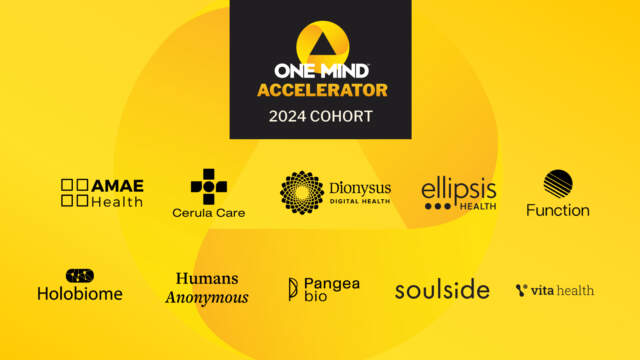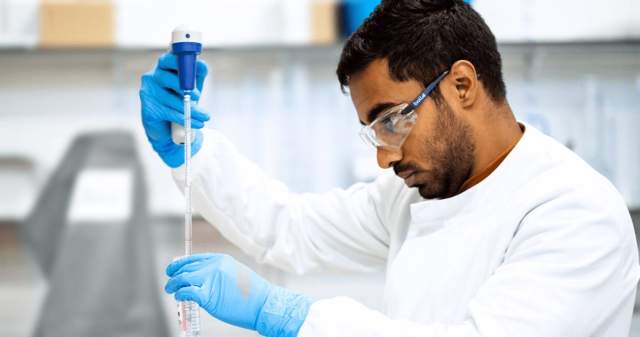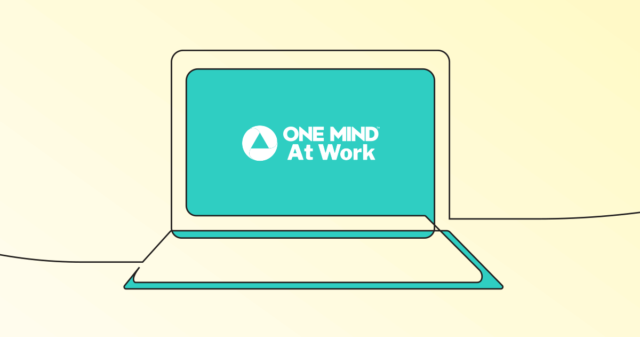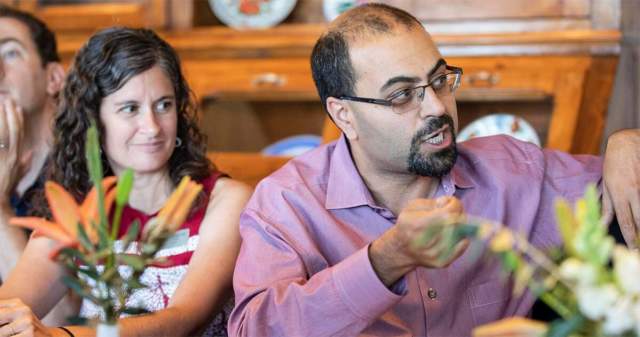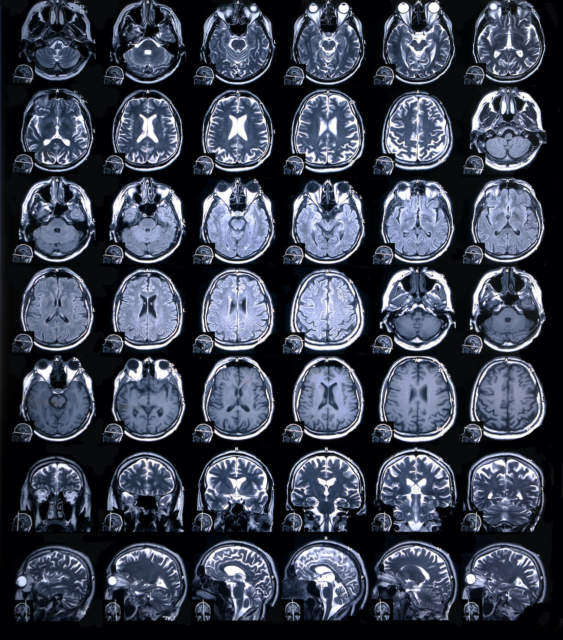TRACK-TBI
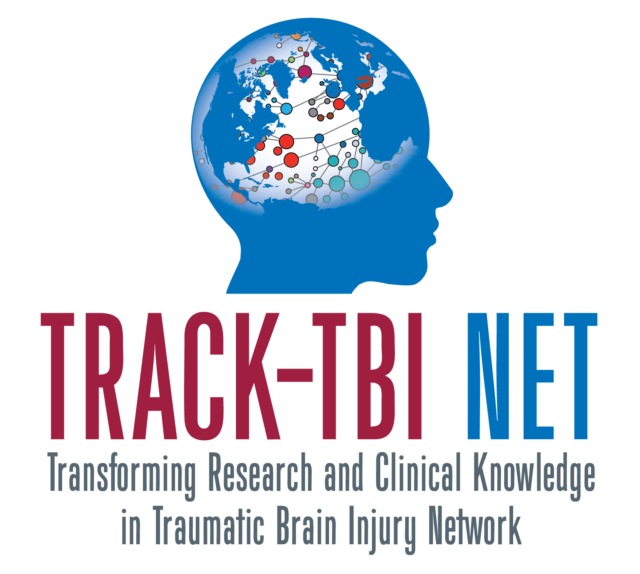
About TRACK-TBI
Effective treatment of TBI represents a great unmet need in public health. In 2013, approximately 2.8 million TBI-related emergency department (ED) visits, hospitalizations, and deaths occurred in the United States. TBI is a contributing factor in a third of all injury-related U.S. deaths. Although there has been an increase in the understanding of the pathophysiology of TBI, to date, not a single successful clinical trial or treatment for TBI has occurred.
In order to meet this great need, the TRACK-TBI study and the TED Initiative were launched with initial funding from the National Institute of Neurological Disorders and Stroke, and further supported by One Mind and other funding sources. The TRACK-TBI study partnered with 18 Level 1 trauma center enrollment sites across America and collected detailed clinical data of over 3,000 TBI injured patients, following the progression of their injuries for a year. The TED Initiative examines data from thousands of athletes, soldiers, and the broader civilian population to identify and validate effective measures or “endpoints” of brain injury and recovery.
TRACK-TBI and TED collected the data according to NIH/NINDS Common Data Standards (CDEs), which were later converted to a form required by the FDA for data submission. As a result, in March of 2017, the TRACK-TBI program received an FDA ‘Letter of Support’ for their imaging biomarker, and in January of 2018, the study received a second FDA Letter of Support for their blood-based biomarker. To date, these are the only two Letters of Support issued by the FDA that relate to traumatic brain injury, thereby validating both the importance and the potential of this largest-ever study of TBI.
Further advancing the goals of TRACK-TBI is the premarket 510(k) clearance the FDA granted Abbott in January 2021 for their rapid handheld traumatic brain injury blood test that will help clinicians assess individuals with suspected mild TBI’s including concussions. This 15- minute test will potentially save lives by dramatically shortening the time it takes to properly diagnose the issue and also improve patient flow in busy emergency rooms.
The biomarkers being developed via the TRACK-TBI and TED studies will enable stratification of the concussion population and define concussion sub-types, thereby enabling researchers to more effectively match patients to clinical trials and in the end, provide precise targets for the development of new therapies and devices to treat TBI.
Visit the TRACK-TBI website
Visit the TED initiative website
Goal
Identify new diagnostic and prognostic markers and refine outcome assessments, which will lead to successful clinical treatment trials.
Why One Mind’s Support Matters
One Mind has contributed $2.7 Million to TRACK-TBI and the TED Initiative to advance brain health and assist in breaking down research silos and data sharing.
One Mind gave this money to TRACK-TBI to ‘fill in the gaps’ in the original funding from the National Institute of Neurological Disorders and Stroke. For example, this funding covered the costs of a $125 per visit stipend provided to each of the 3,000+ patient participants. Not covered by federal funding, these stipends were used to reimburse the patients for their time and the cost of their transportation to and from the hospital, which was critical given the typically fragile physical state of each TBI patient.
As a result of the stipends, the patient return rate for the follow-up visits required within the 1-year study were 3 times as high as what they would have been otherwise. Consequently, the data obtained via the study was also amplified, significantly improving the information gained.
Collaborators

